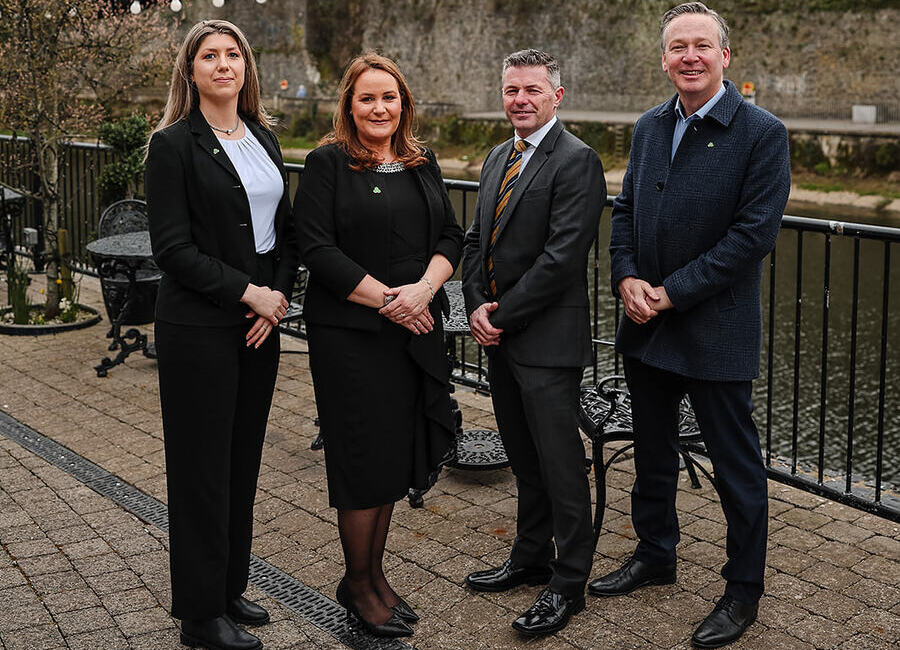Employers are being warned that new parental leave legislation could lead to confusion and higher costs when introduced in November 2019.
Under the new paid parental leave scheme, both parents will have entitlement to two weeks each (non-transferrable) benefit for babies born from November 2019, which will be paid at the same rate as Maternity Benefit and Paternity Benefit -- €245 per week. The new benefit is only available during the first year after the baby's birth.
Ultimately, parents will be able to benefit from seven weeks’ leave each under the scheme as it develops incrementally over the next three years.
It is estimated that up to 60,000 parents could benefit from the scheme in a full year. Legislation will also enable male same-sex couples to receive adoptive leave and benefit.
CIPD Ireland, the umbrella body for human resource and learning and development professionals in Ireland, has called for further consultation ahead of the proposed introduction of the new scheme in November.
Mary Connaughton (pictured), director of CIPD Ireland, stated: “We are concerned at the potential for confusion, as this is the fourth type of leave that will be allowed for, with the system allowing for maternity leave, unpaid parental leave, paid paternity leave and now paid parental leave. Every effort must be made to ensure employers fully understand their obligations and employees understand their rights.”
The government has signalled that all staff on the the state payroll will be paid their normal salary when taking paid parental leave.
However, for people employed in the private sector, there will be no statutory entitlement to normal pay. Their entitlement will be the social welfare benefit of €245 per week. It is up to individual employers to decided whether to top this up to normal pay.
Figures compiled by CIPD Ireland estimate that half of private sector employers top up maternity leave, while one in three top up paternity leave.
“Cost will be a significant factor for private sector employees as they reach a decision on whether or not to top up," said Connaughton. "We encourage all employers to establish a clear policy to avoid either confusion or disappointment."
SME Burden
Sven Spollen-Behrens, Director of the Small Forms Association, observed that small businesses are struggling to find replacement staff and the proposals in this Bill will place greater administration burden and more confusing laws on the country’s small firms.
“Enquiries on family leave, maternity, paternity and parental leave, are one of the top five-member queries to the SFA HR service," he added. "Unlike large companies, small firms do not have human resource departments to deal with the complex administration of growing family leave, so they find it difficult to administer, replace staff and meet the costs of when someone goes on leave.
“The proposals in this new Bill and the Parental Leave (Amendment) Bill 2017 continue to place more legislative burden on top of new and established legislation and will add to the cost of doing business in Ireland and increase the time spent by owner-managers on administrative duties."












